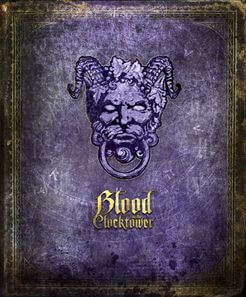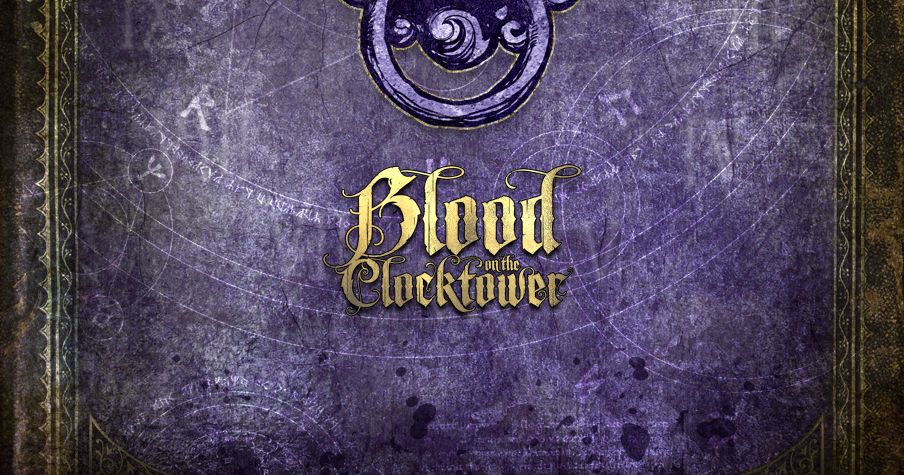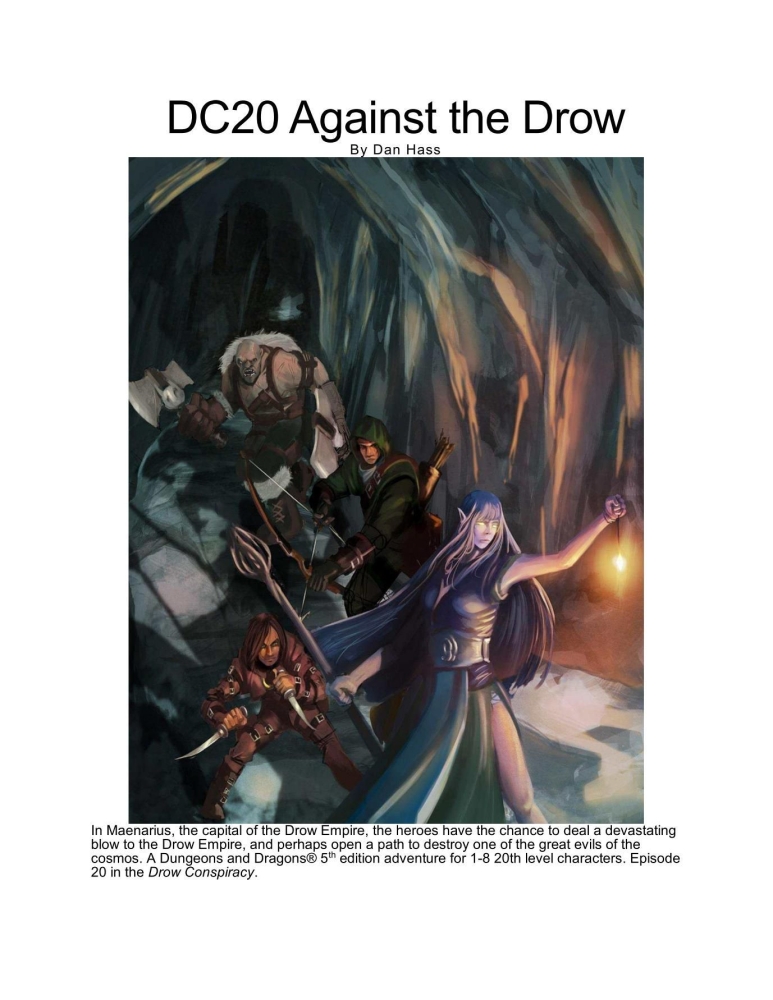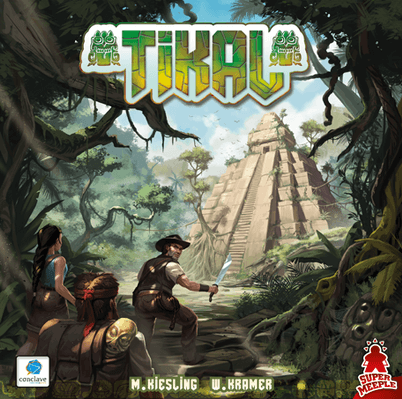
Blood on the Clocktower
In a village marked by distrust and tension, life goes on amid secrets and intrigue. "Blood on the Clocktower" places players in a community where a demon lurks among the residents, ready to sow chaos and death. With the coming of night, the inhabitants gather in search of answers, but the shadows conceal more than they reveal. A body is found, and the presence of evil becomes undeniable. Each player takes on a role, possessing unique abilities that can help uncover the truth or lead to even greater misfortune. Meanwhile, the devil and his allies manipulate information, fueling doubt and uncertainty. The dynamics of the game are fueled by interaction and exchanges of accusations, making each round a battle of intellect and strategy. The Narrator acts as a guide, steering the narrative and deciding the fate of the characters. Will you be able to piece together the fragments of the truth in time to eliminate the threat? Or will the demon win, plunging the village into a sea of darkness? "Blood on the Clocktower" is a game of bluffing and deduction, ready to challenge the minds of 5 to 20 players in an epic struggle between Good and Evil.Artists: ;
Designers: Steven Medway;
Date: 2022
Note: 7
Mechanics: Bets and bluffs, Deduction, Prisoner's Dilemma, Players with Different Skills, Team play, Negotiation, Voting
Topics: Horror/Terror, Police
Table of Contents
- How to Play
- Tips for playing
- Game mechanics
- Game components
- Additional Information
OBJECTIVE OF THE GAME

Tips for playing
Here are some tips for doing better in the game Blood on the Clocktower:
- Pay attention to other players' discussions to identify patterns of suspicious behavior.
- As a Storyteller, maintain the balance between information and mystery to create a challenging and engaging experience.
- Use your night skills wisely, prioritizing information that helps the team, but being careful not to expose yourself.
- Don't reveal your character straight away; this could put a target on your back.
- Be flexible in your strategies, adapting to the flow of the game and the revelations of the other players.
- Collaborate with other players, even if they sometimes seem to be on opposing sides. This collaboration can provide valuable information.
- If you're playing as an evil character, make credible accusations and try to divert attention away from yourself and the other villains.
- Pay attention to the eliminated players and the information they may have revealed before they left.
- Throughout the game, constantly reassess your first impressions of who might be evil.
- Build trust with other players through moderate and verifiable exchanges of information.
Video about the game
GAME mechanics
- Players with Different Skills: Each player takes on a role with specific abilities that influence the progress of the game. The characters can be divided into three main groups: Villagers, Demons and Outsiders. Villagers usually try to find out who is sabotaging the village, while Demons work to discredit and confuse. Skills are activated at specific times of the night or day.
- Team play: The game consists of two main teams: the Villagers and the Demons. Winning requires cooperation within the team. Villagers must share information strategically, while Demons need to sow doubt and misinformation among the Villagers.
- Voting: During the day, players discuss and eventually vote to eliminate a player they believe to be a threat. The vote is public and requires a majority for the accused to be executed. The voting dynamic is crucial for determining suspicions and revealing alliances.
- Bets and bluffs: Players can place bets on the identities of others, basing their actions on bluffs and counter-bluffs. Using tactics of persuasion and deception is essential, especially for Demons, who need to avoid detection. Identity and intentions are often concealed as part of this mechanic.
- Deduction: Players must gather clues and evidence to deduce the true identity of each participant. This is the key to the Villagers' strategy in identifying the Demon, requiring careful analysis of the actions and claims of everyone in the game.
- Negotiation: Conversations and agreements are a central part of gameplay. Players often need to negotiate information or form temporary alliances. The ability to communicate effectively and persuade others can decide the course of the game.
- Prisoner's Dilemma: This mechanic refers to the situation in which players must decide between collaborating for the greater good or acting for their own immediate benefit. Selfish or collaborative decisions can have significant consequences for the team and for each player's personal goals.
Game components
See all the items in the game below Blood on the Clocktower:
- Terror Clock
- Research pieces
- Character cards
- Vote Marker
- Action Tokens
- Game Board
- Event Cards
- Time Markers
- Character Guides
- Summary sheet
Additional Information
- Ludopedia link: https://ludopedia.com.br/jogo/blood-on-the-clocktower
- Link Tabletopia:
- Amazon Brazil link: Comprar Blood on the Clocktower
- Amazon USA link: Comprar Blood on the Clocktower


